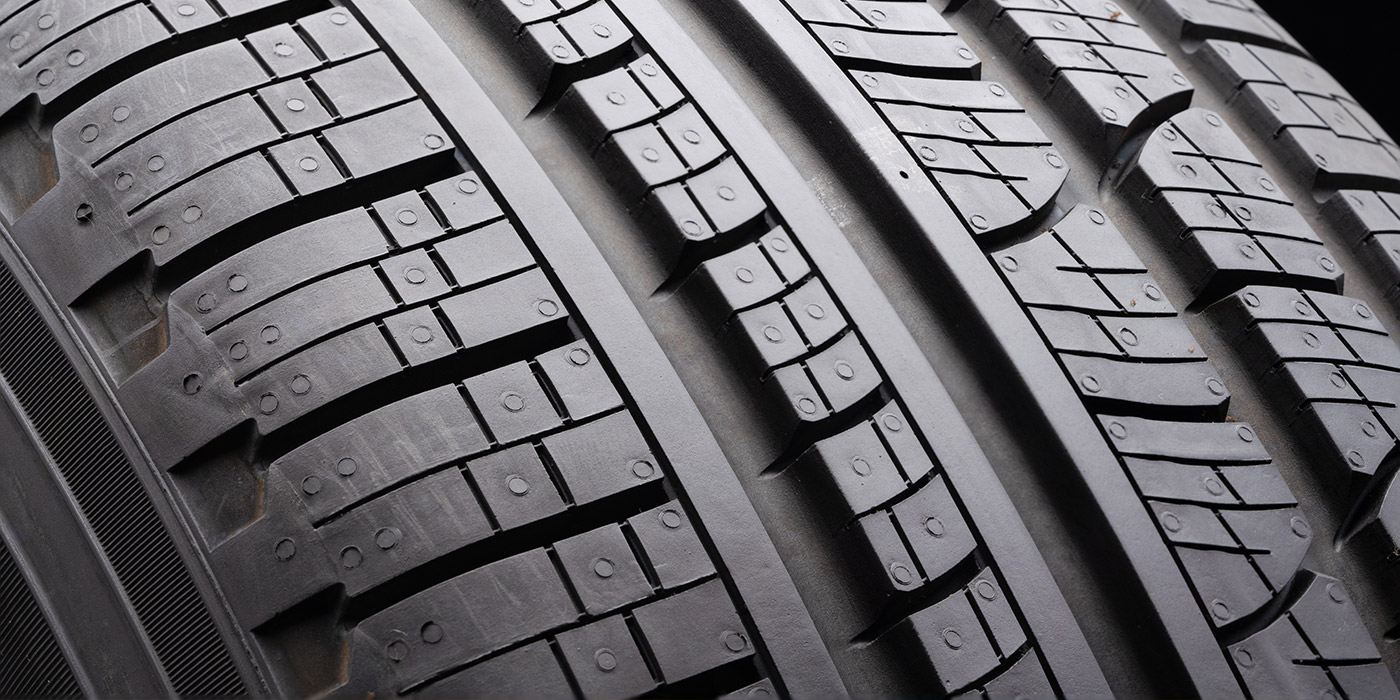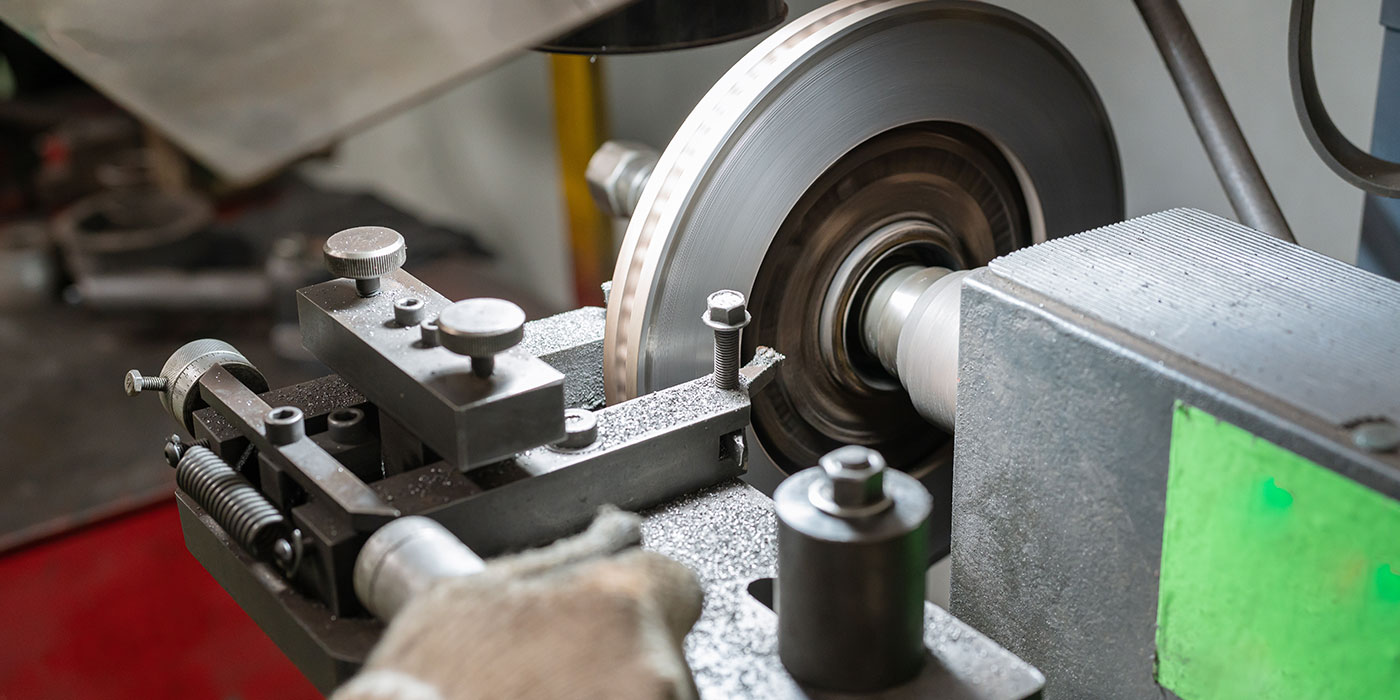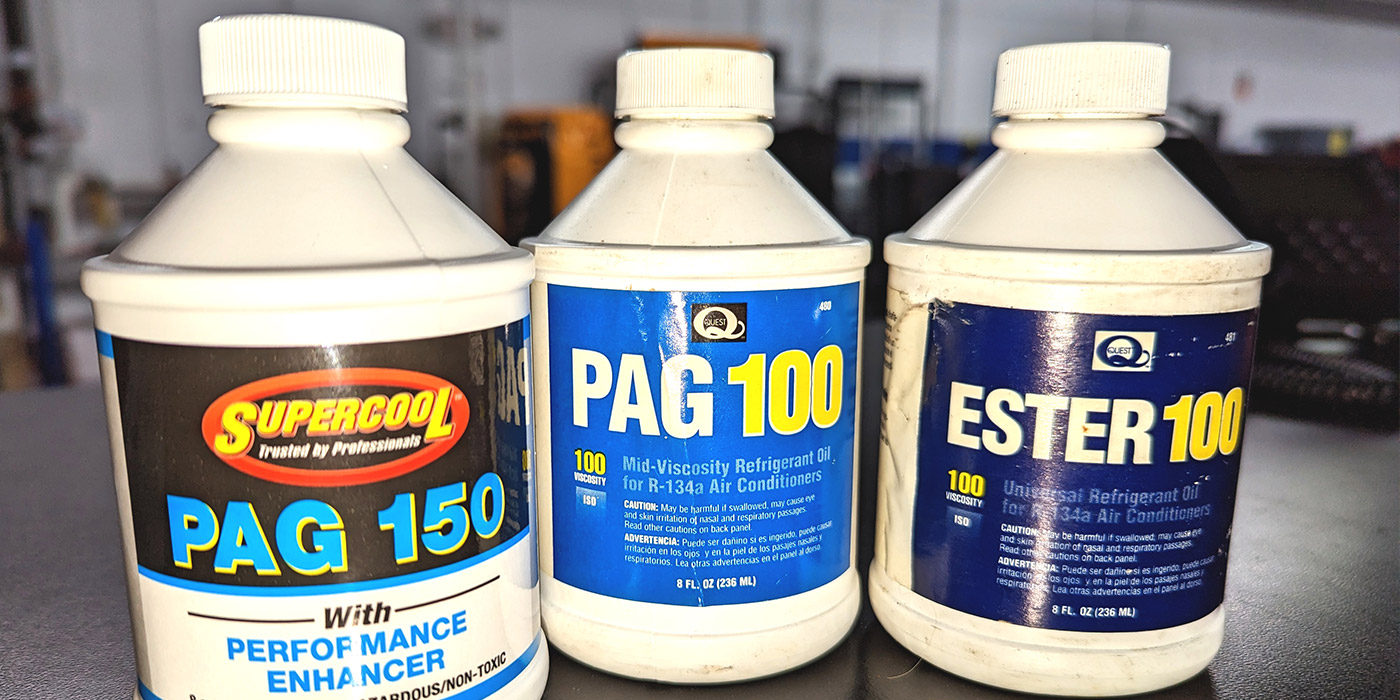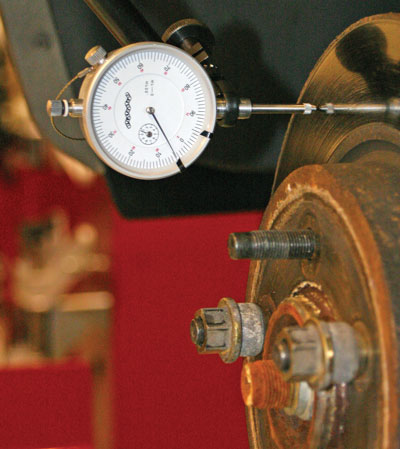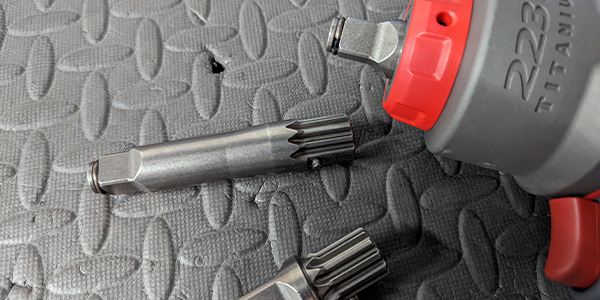 A scientific study released recently by ARCADIS, an international research firm specializing in environment issues, found no evidence that laundered reusable shop towels pose any health risk to workers, refuting claims by the disposables industry. The study refutes previously published reports by the disposables industry used to frighten workers who use shop towels to perform their jobs, claiming that residues imbedded in laundered reusable shop towels pose a health risk despite decades of use without any reported issues.
A scientific study released recently by ARCADIS, an international research firm specializing in environment issues, found no evidence that laundered reusable shop towels pose any health risk to workers, refuting claims by the disposables industry. The study refutes previously published reports by the disposables industry used to frighten workers who use shop towels to perform their jobs, claiming that residues imbedded in laundered reusable shop towels pose a health risk despite decades of use without any reported issues.
“As the trade association representing facilities that process laundered reusable shop towels,” said TRSA President & CEO Joseph Ricci, CAE, “we felt we had an industry responsibility to conduct a health assessment to quantify if any real health risk existed. This study reconfirms decades of experience, that laundered reusable shop towels are not only safe but are the most efficient, cost-effective and sustainable option.”
The ARCADIS study collected laundered reusable shop towels from 10 different laundering companies and facilities, measuring residue leachability to conduct a quantitative health risk assessment. Towels were incubated in synthetic human sweat to represent the releasable quantity of each residue that could be transferred to workers’ hands from laundered reusable shop towels. Subsequent hand-to-food or hand-to-mouth transfers were modeled with the risk assessment framework used by U.S. EPA and other authoritative agencies. Overall, the assumed conditions of towel use represented by this exposure model are conservative, such that the resulting exposure estimates likely overstate actual exposure.
The study’s findings indicate that residues including metals in laundered reusable shop towels do not present any health hazard to workers using the towels with exposure levels typically 100 or more times lower than EPA acceptable levels.
“Reusable cloth shop towels have been used by millions of workers for more than 100 years with no indications that laundered reusable shop towels have any impact on worker health,” stated Ricci, “By measuring leachability, ARCADIS simulated a conservative, realistic model of potential transfer of residue that reaffirmed our confidence that there is absolutely no risk to reusable shop towel users.”
Reusable cloth shop towels remain the wiper of choice for industrial applications due to their absorbency and cost benefits. In addition, reusable shop towels also satisfy EPA’s “reduce, reuse, recycle” hierarchy for effectively managing materials and waste, and unlike disposable shop towels, are not considered solid or hazardous waste. Compared with disposables, reusable shop towels are recognized as the cleaner, greener alternative by users and regulators. According to several life cycle studies including EPA lifecycle research, disposable paper wipers consume 13 times more energy and generate four times more solid waste.
Unlike previous studies of reusable shop towels, TRSA has retained independent analysis from a renowned industrial hygienist, Dr. Patrick N. Breysse, Johns Hopkins University, who conducted a systematic evaluation of previous studies. These “estimates of exposure, data and assumptions used a deterministic analysis that cumulatively overestimated worker exposures,” he said, and the ARCADIS study, “while conservative, provides a more refined and realistic health assessment.”
TRSA’s findings indicate there “is little or nothing to be concerned about with the use of clean, laundered shop towels,” Breysse observed, expressing disbelief in the prior overestimates of exposure. For example, the amount of lead exposure from shop towel use previously calculated was equivalent to the quantity faced by workers who manufacture lead batteries. In contrast, the TRSA study put the daily dose of lead from shop towel use at 1,000 to 10,000 times below the acceptable exposure level, “by far a more realistic result.”
Confidence in the safety of shop towel use should be high in light of such barely detectable levels, given that these findings err on the side of caution as well, explained Kevin Connor, Ph.D., Principal Toxicologist from ARCADIS. “Overall, the assumed conditions of towel use represented by this exposure model are conservative, such that the resulting exposure estimates likely overstate actual exposure.” These high estimates of the amounts of the 27 chemical elements “were not above regulatory thresholds for judging potential human health hazards.”
TRSA had also conducted a separate burn study of disposable shop towels that revealed that many of the same residues found on laundered reusable shop towels are also present on disposable shop towels.
TRSA members take seriously any potential risks associated with the use of laundered reusable shop towels or any reusable textiles. We believe this thorough, scientific study proves that laundered reusable shop towels pose no risk to users.
NOTE: Copies of the study are available by contacting Ken Koepper at 703-519-0029, ext. 109 or [email protected].
About TRSA
TRSA represents the $16 billion textiles services industry which employs 200,000+ people at 1,500+ facilities nationwide by advocating for fair regulatory and legislative policy affecting the textile services industry and promoting the environmental benefits of reusable textiles; and increases productivity, sustainability, safety and professionalism through education, certification, research, benchmarking and information-sharing. Most Americans benefit at least once a week from the cleanliness and safety of laundered, reusable linens, uniforms, towels, mats and other products provided to the service, industrial/manufacturing, hospitality, restaurant and healthcare sectors. TRSA quantifies our industry’s commitment to cleanliness and sustainability through its Clean Green and Hygienically Clean Certification programs.




